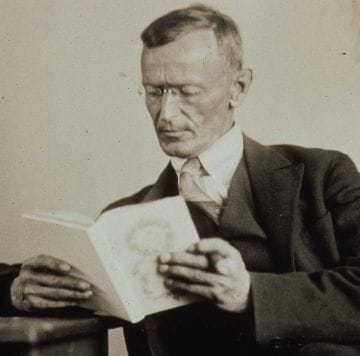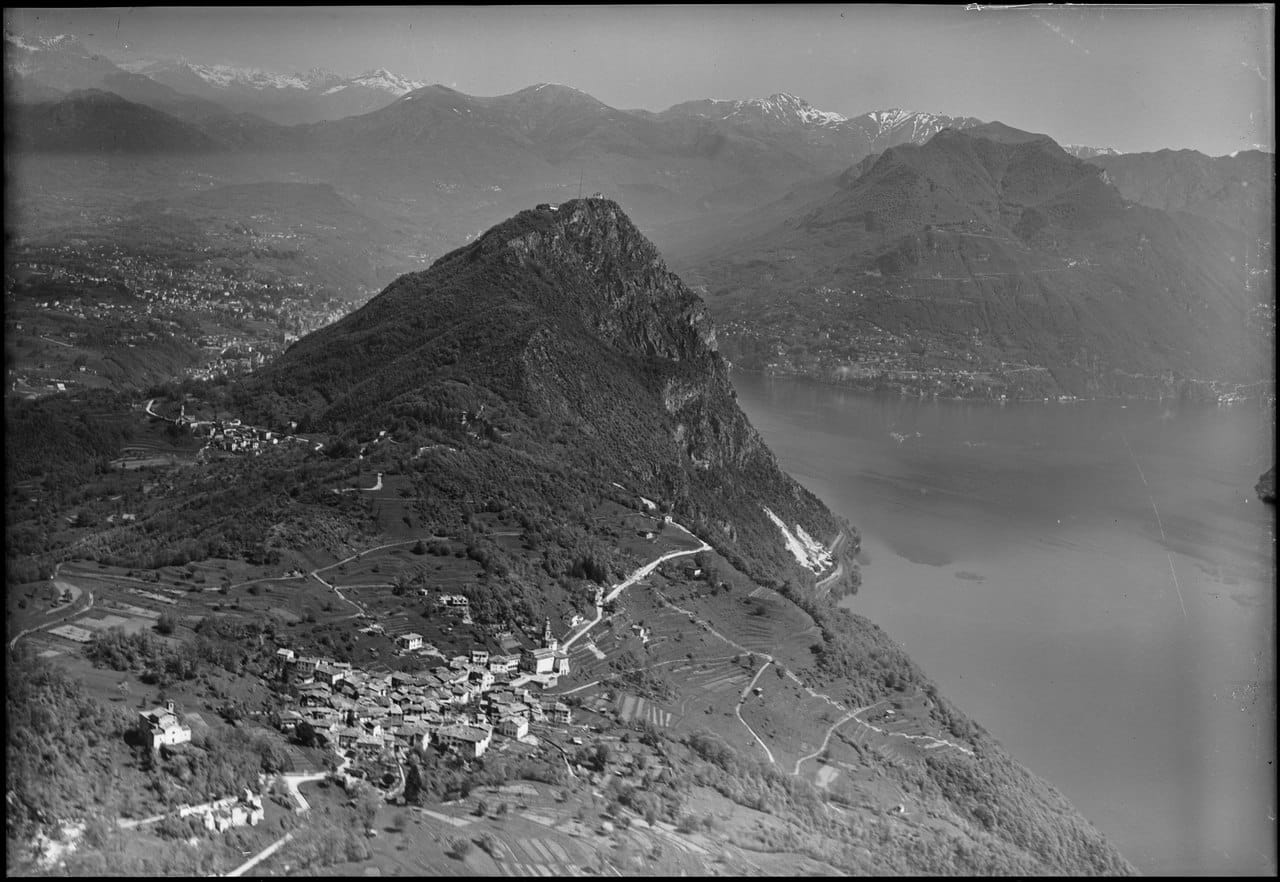The Music of Decline

Hermann Hesse is covered more fully here but his ideas about the futility of art and literature after the catastrophe of World War I can be found in Klingsor’s Last Summer (1919) and again later in The Glass Bead Game (Das Glasperlenspiel, 1943). Here he could have been talking about the world inside and outside Turandot:
The "music of decline" had sounded, as in that wonderful Chinese fable; like a thrumming bass on the organ its reverberations faded slowly out over decades; its throbbing could be heard in the corruption of the schools, periodicals, and universities, in melancholia and insanity among those artists and critics who could still be taken seriously; it raged as untrammeled and amateurish overproduction in all the arts.
The above quote is from The Glass Bead Game. The novel, which he started writing in 1931, won him the Nobel Prize for Literature in 1946. In a way though he is echoing Nietzsche's condemnation of Wagner's music before the War as much as forging a new jeremiad about cultural ennui after it. More on this here. Below is an aerial photo from 1954 of Monte San Salvatore by Lugano, Switzerland. Hesse lived most his life near here in the village of Montagnola, to the left of this photo.

